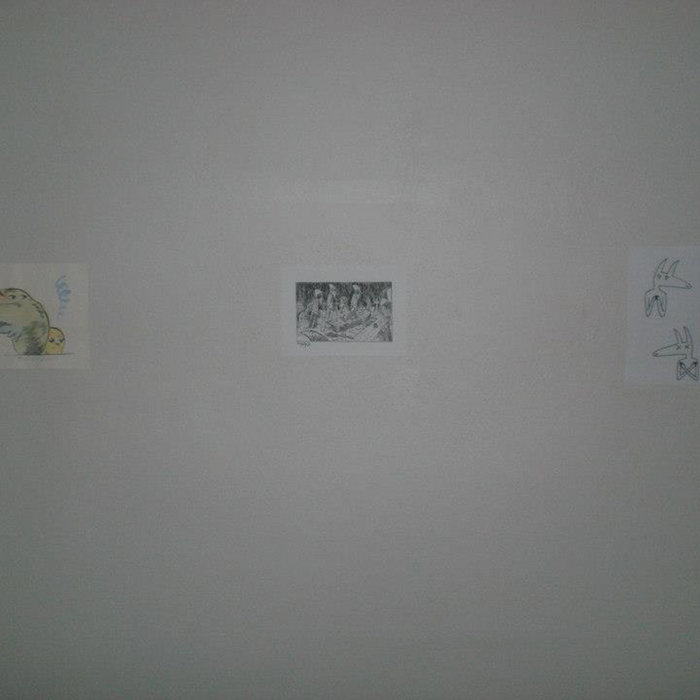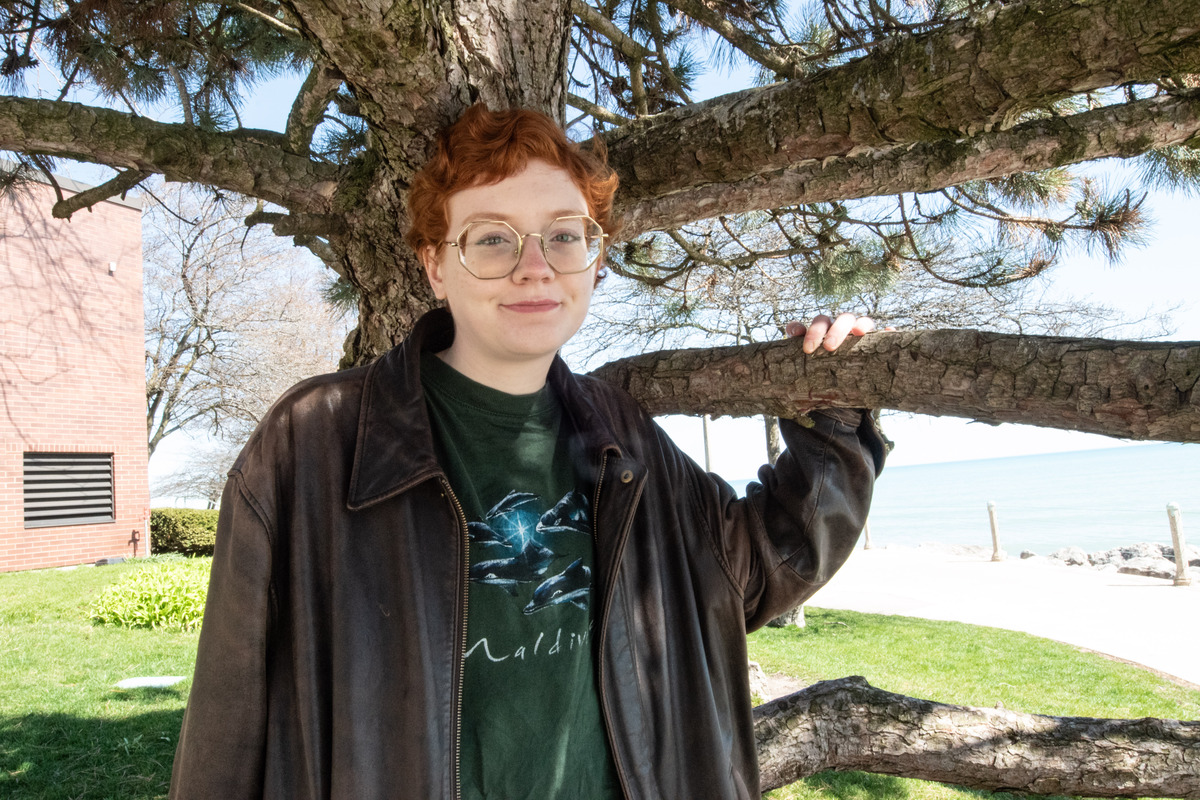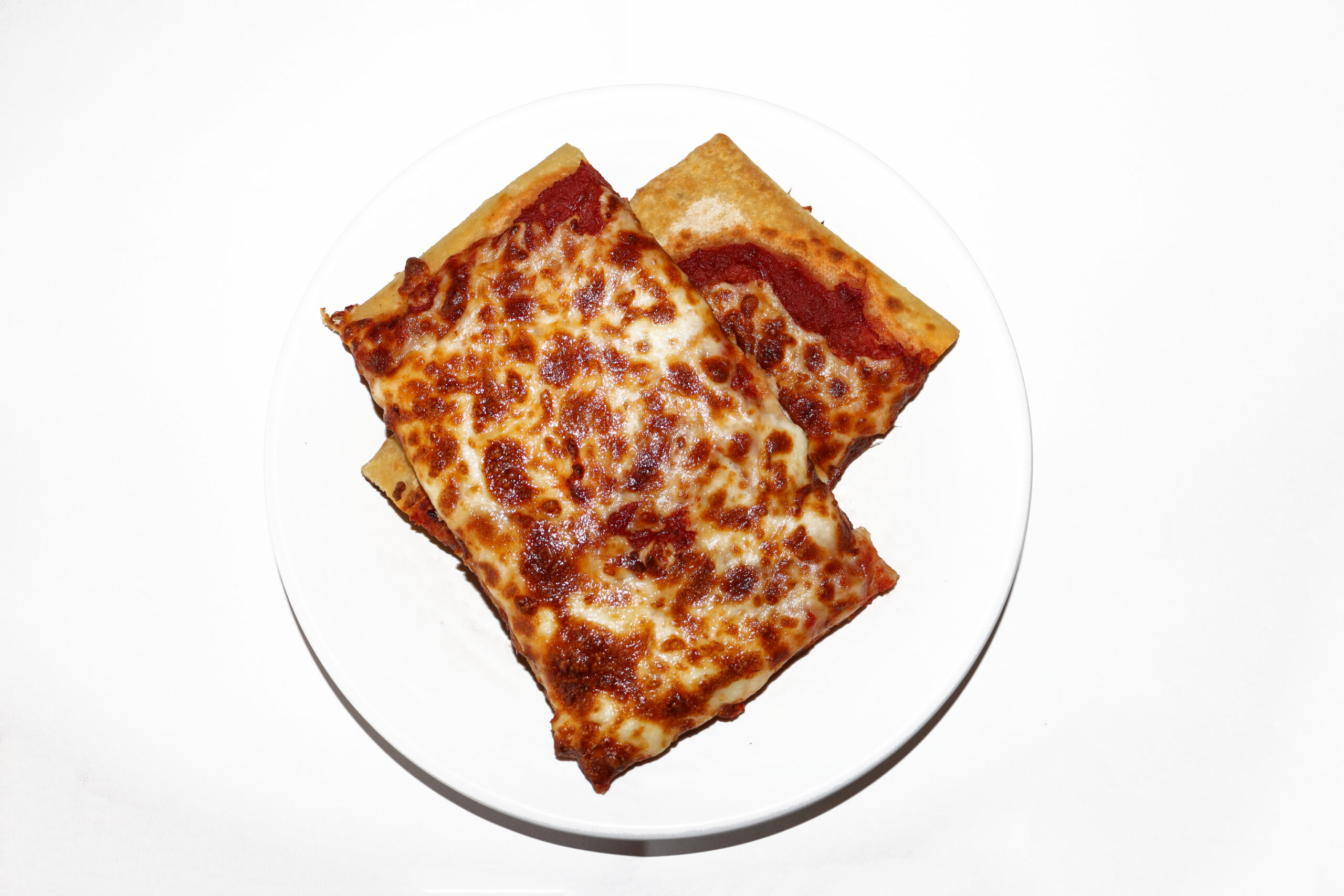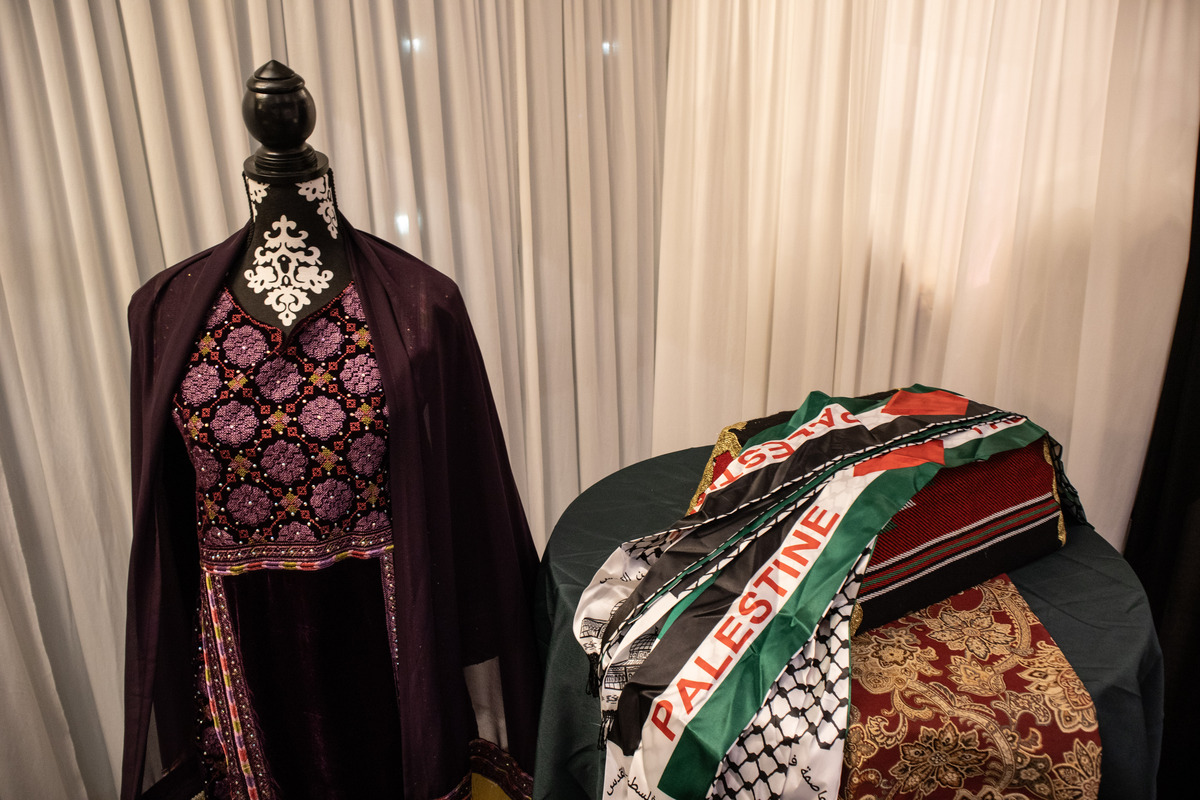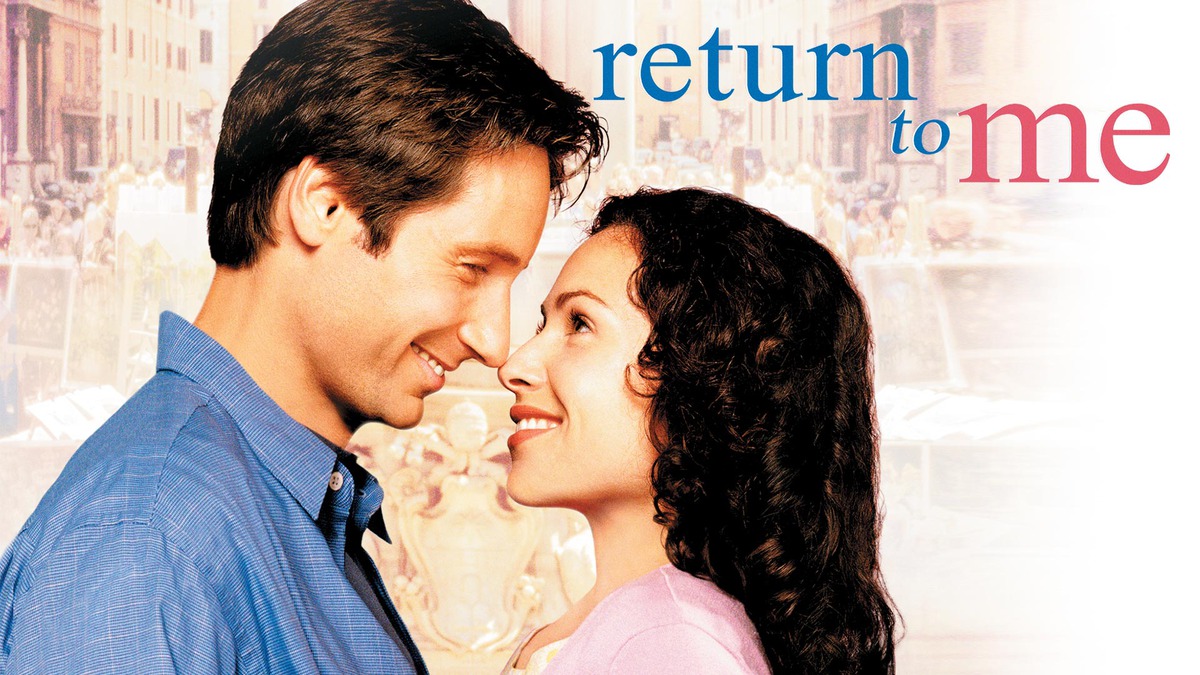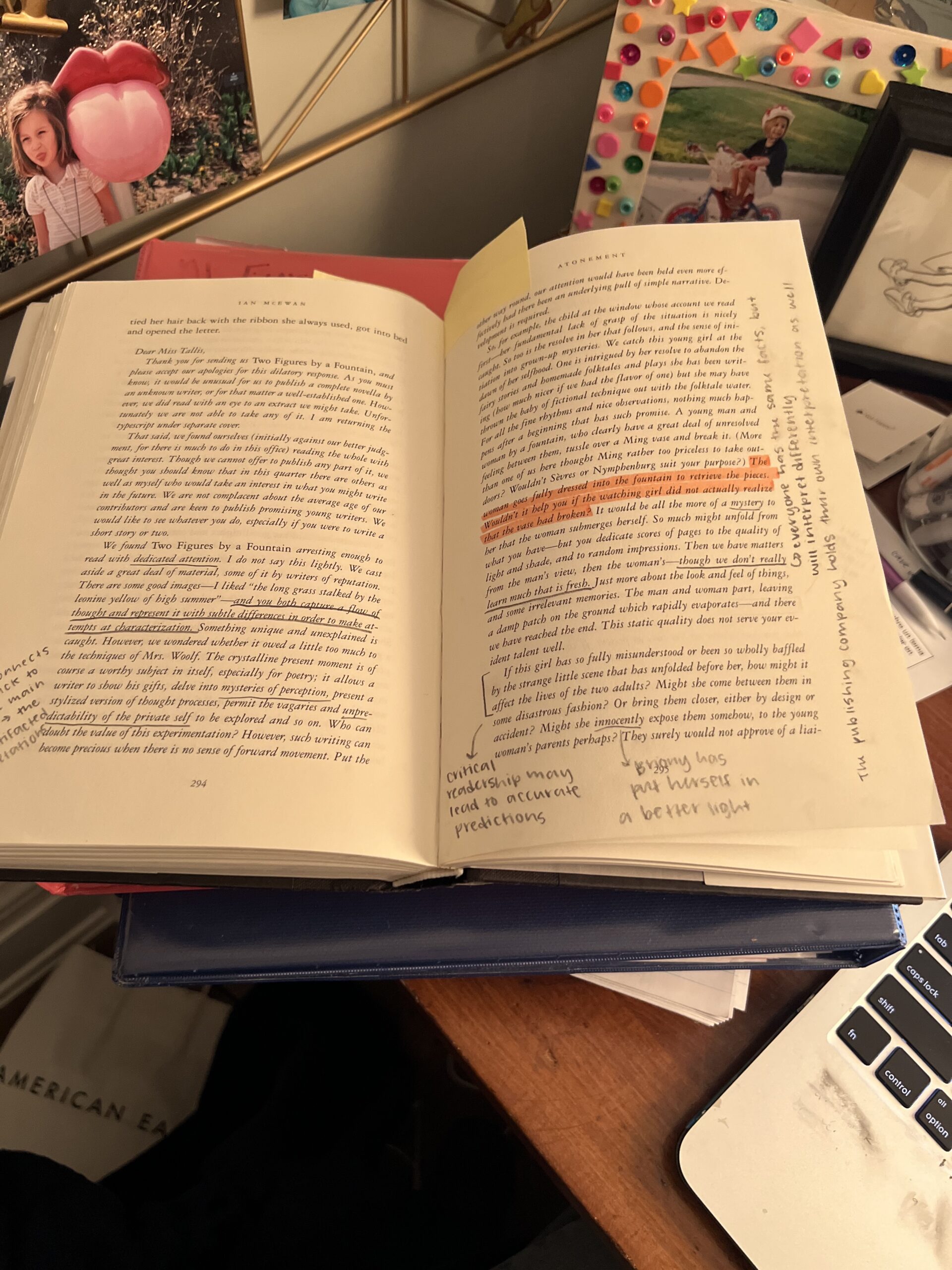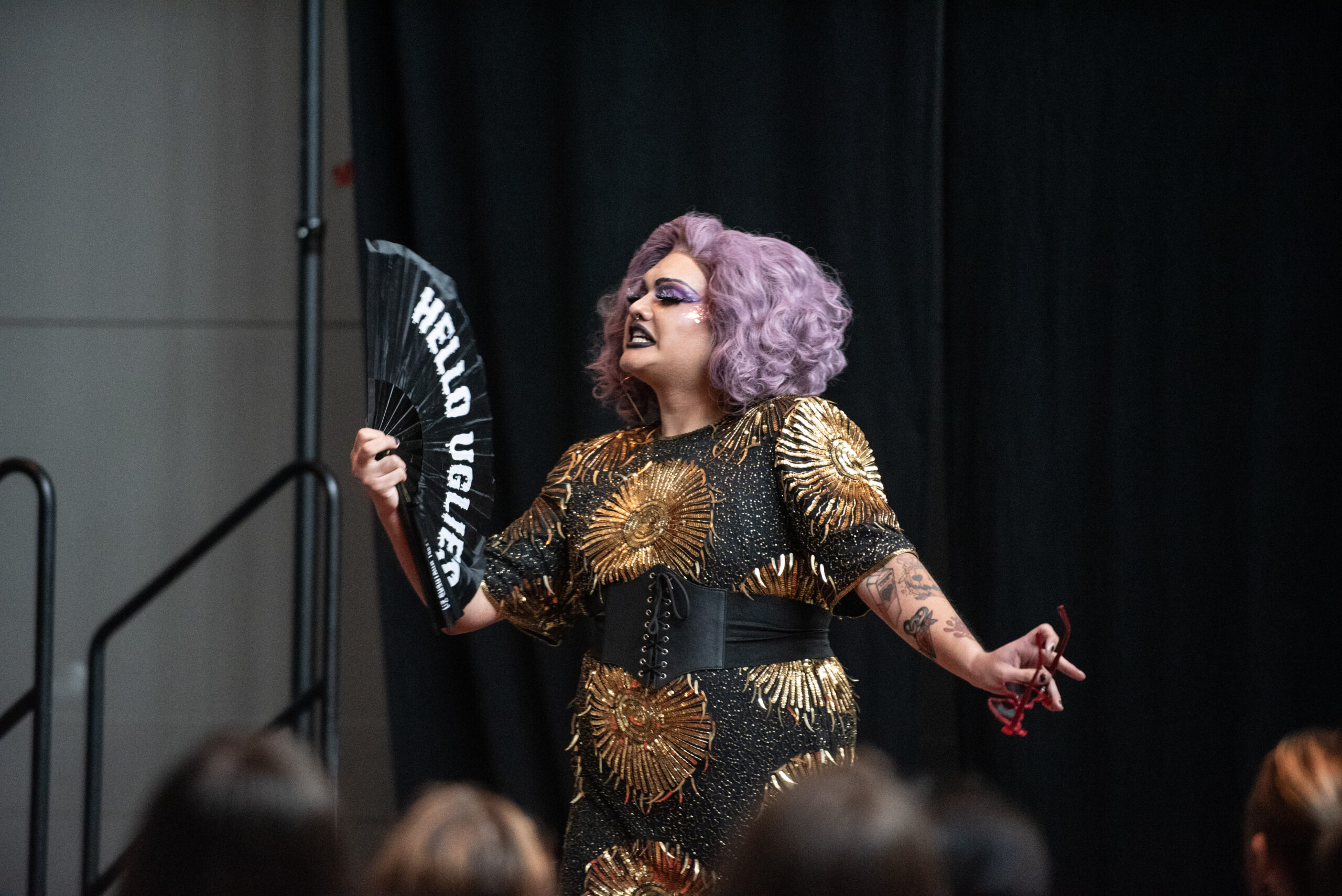Carrie Bradshaw (Sarah Jessica Parker) defined the early 2000s. Nonetheless, as Valentine’s Day approaches, I couldn’t help but wonder how “Sex and the City” gets romance and female friendships so wrong.
ReRuns: Let’s Talk About Sex — and the City
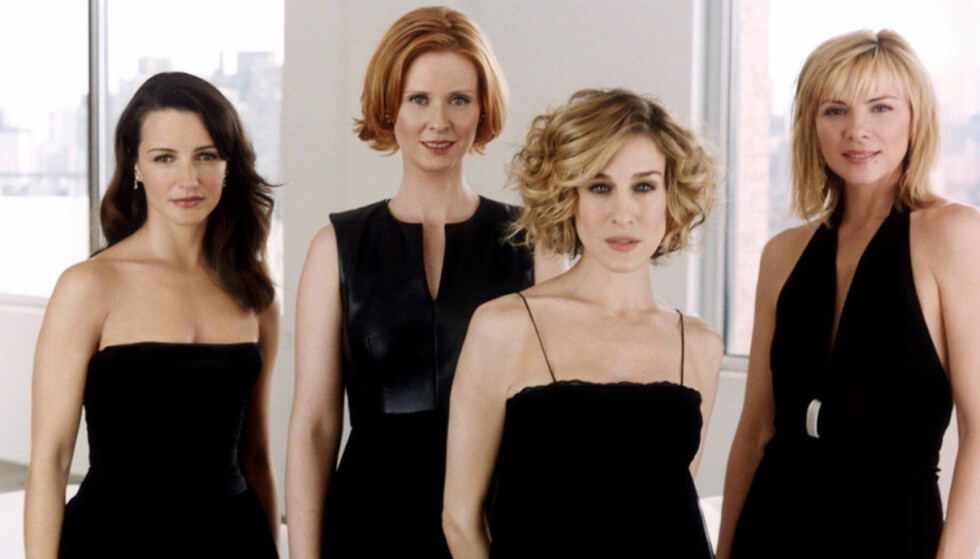
She’s a sex columnist, fashion aficionado and self-proclaimed relationship expert with repulsive taste in men. No matter how you view her, Carrie Bradshaw (Sarah Jessica Parker) defined the early 2000s. Nonetheless, as Valentine’s Day approaches, I couldn’t help but wonder how “Sex and the City” gets romance and female friendships so wrong.
Created by male producer Darren Star, the comforting yet caricaturistic depiction of womanhood through six seasons of Bradshaw, Samantha Jones (Kim Catrall,) Charlotte York (Kristin Davis) and Miranda Hobbes (Cynthia Nixon) is more than dated — it’s dull.
The series only leaves room for four types of women — the nurturing Madonna, the neurotic workaholic, the sex-addicted temptress or the quirky girl next door.
Women have fallen into this Buzzfeed-quiz-esque, multiple choice formula of female characters for years. You’re either a Charlotte or a Samantha but never in between. It’s a modern configuration of the centuries-old Madonna-whore complex, which confines women to being pure virgins or polluted prostitutes.
Apart from its depiction of women, the series’ portrayal of female friendships is most disappointing. Despite their closeness, the foursome is constantly finding ways to put each other down. Samantha bears the brunt of this, with Carrie often leading efforts to weaken her self-confidence. In a season four episode titled “What’s Sex Got To Do With It,” Samantha tells the group she’s dating a woman — and none of her friends are supportive.
“How does that work?” Carrie asks. “You go to bed one night, you wake up the next morning and poof, you’re a lesbian.”
“I don’t think she’s a lesbian, I think she just ran out of men,” Charlotte said.
Tensions continue into season five when Carrie, a habitual adultress, shames Samantha for having relations with a man in Samantha’s own office. For a woman that has ended marriages through her sexcapades, Carrie’s judgment is shockingly audacious.
“I can’t believe you would judge me after all we’ve been through,” Samantha said to Carrie.
The “friends” weren’t just feuding on screen, according to tabloid gossip. Kim Catrall and Sarah Jessica Parker allegedly clashed in the show’s later seasons, which resulted in Catrall not returning for the series’ spinoff “And Just Like That,” according to Vulture.
Women aside, the series’ men are even more intolerable, the worst of all being John James Preston (Chris Noth) — otherwise known as “Mr. Big” — whose commitment issues throughout the show escalate, leaving Carrie stranded at the altar in “Sex and the City: The Movie.”
I’d like to think that the days of women vying for disrespectful men are over. Nonetheless, in Star’s “Sex and the City,” nice guys really do finish last.
The series paints a delusional world in which the bad boy gets the girl time and time again. For redeemable male characters like Steve (David Eigenberg,) Miranda’s on-and-off fling who she ends up accidentally having a child with, or Aidan (John Corbett), Carrie’s infrequent second choice, there’s no happy ending in sight.
Charlotte is constantly ridiculing her endearingly goofy husband Harry (Evan Handler) for being shorter, uglier and balder than her — because the only way to be valued by the women in this show is by being bullied by them.
No matter how enticing Carrie’s chic city apartment and collection of Manolo Blahnik’s may appear, the show itself is a blatantly obvious example of a man’s take on femininity.
As a woman myself, I’ve succumbed to the infrequent discussion of which “Sex and the City” character I’m most like. It’s an easy, one-dimensional conversation between girlfriends to better understand how you’re perceived. If they see themselves as being driven, but in a confronting, aggressive way — they’re a Miranda. Or if they enjoy the playfulness of sex, or toying with men — they’re a Samantha. Carries are unknowing and clumsily unrefined and Charlottes are nurturing and naively optimistic.
But, as time goes on, one can only hope these stereotypes of womanhood will be subverted, with women answering the age-old “Samantha, Charlotte, Carrie or Miranda” with “none of the above.”
Featured image courtesy of HBO




